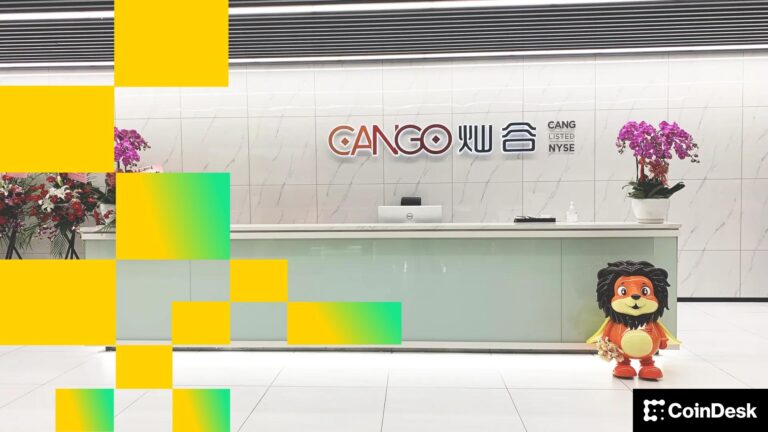The Role of Exchanges in Crypto Trading: Choosing the Right Platform
Understanding Crypto Exchanges
Crypto exchanges are online platforms that facilitate the buying, selling, and trading of cryptocurrencies. They serve as intermediaries between buyers and sellers, enabling users to convert fiat currency into digital assets and vice versa. Some exchanges also allow users to trade one cryptocurrency for another. The role of exchanges is crucial in the crypto ecosystem, as they provide liquidity, price discovery, and a user-friendly interface for traders. With hundreds of exchanges available, selecting the right one can significantly influence your trading experience and success.
Types of Crypto Exchanges
There are two primary types of crypto exchanges: centralized exchanges (CEX) and decentralized exchanges (DEX). Centralized exchanges, such as Binance and Coinbase, are managed by a centralized authority that oversees transactions and user accounts. They typically offer higher liquidity, a wider variety of trading pairs, and advanced trading features, making them popular among both beginners and experienced traders. However, they come with certain risks, including the potential for hacks and regulatory scrutiny.
On the other hand, decentralized exchanges operate without a central authority, allowing users to trade directly with one another using smart contracts. DEXs like Uniswap and SushiSwap provide increased privacy and control over funds, as users retain ownership of their private keys. However, they may have lower liquidity and can be more complex for beginners. Understanding the differences between CEXs and DEXs is essential for choosing the right platform based on your trading needs and preferences.
Factors to Consider When Choosing an Exchange
When selecting a crypto exchange, several factors should be taken into account to ensure it meets your trading requirements. Security is paramount; look for exchanges that implement robust security measures, such as two-factor authentication, cold storage for digital assets, and insurance policies against hacks. User experience is also important; a well-designed interface can make trading more accessible and enjoyable.
Another critical factor is the range of cryptocurrencies offered. If you are interested in trading specific altcoins, ensure the exchange supports those assets. Additionally, consider the trading fees associated with the platform, as these can vary significantly between exchanges and impact your overall profitability. Lastly, assess the liquidity of the exchange, as higher liquidity often leads to better price execution and reduced slippage.
Reputation and Regulatory Compliance
The reputation of an exchange is a vital consideration when choosing a platform. Research user reviews, expert opinions, and any history of security breaches or regulatory issues. A reputable exchange is more likely to provide a reliable trading experience and safeguard your funds.
Regulatory compliance is another important aspect. Ensure that the exchange adheres to the legal requirements of your jurisdiction and has implemented measures for anti-money laundering (AML) and know your customer (KYC) regulations. Choosing a compliant exchange can offer additional peace of mind and protection against potential legal issues.
The Future of Crypto Exchanges
The landscape of crypto exchanges is continually evolving, driven by technological advancements and changing market dynamics. Innovations such as automated market makers (AMMs), layer 2 scaling solutions, and enhanced security protocols are shaping the future of trading platforms. As the market matures, users can expect to see more user-friendly interfaces, lower fees, and an even broader range of trading options.
In conclusion, the role of exchanges in crypto trading cannot be overstated. They act as the backbone of the cryptocurrency ecosystem, enabling users to trade assets effectively. By understanding the different types of exchanges, considering key factors when selecting a platform, and staying informed about industry developments, traders can make informed decisions and enhance their trading experiences.
